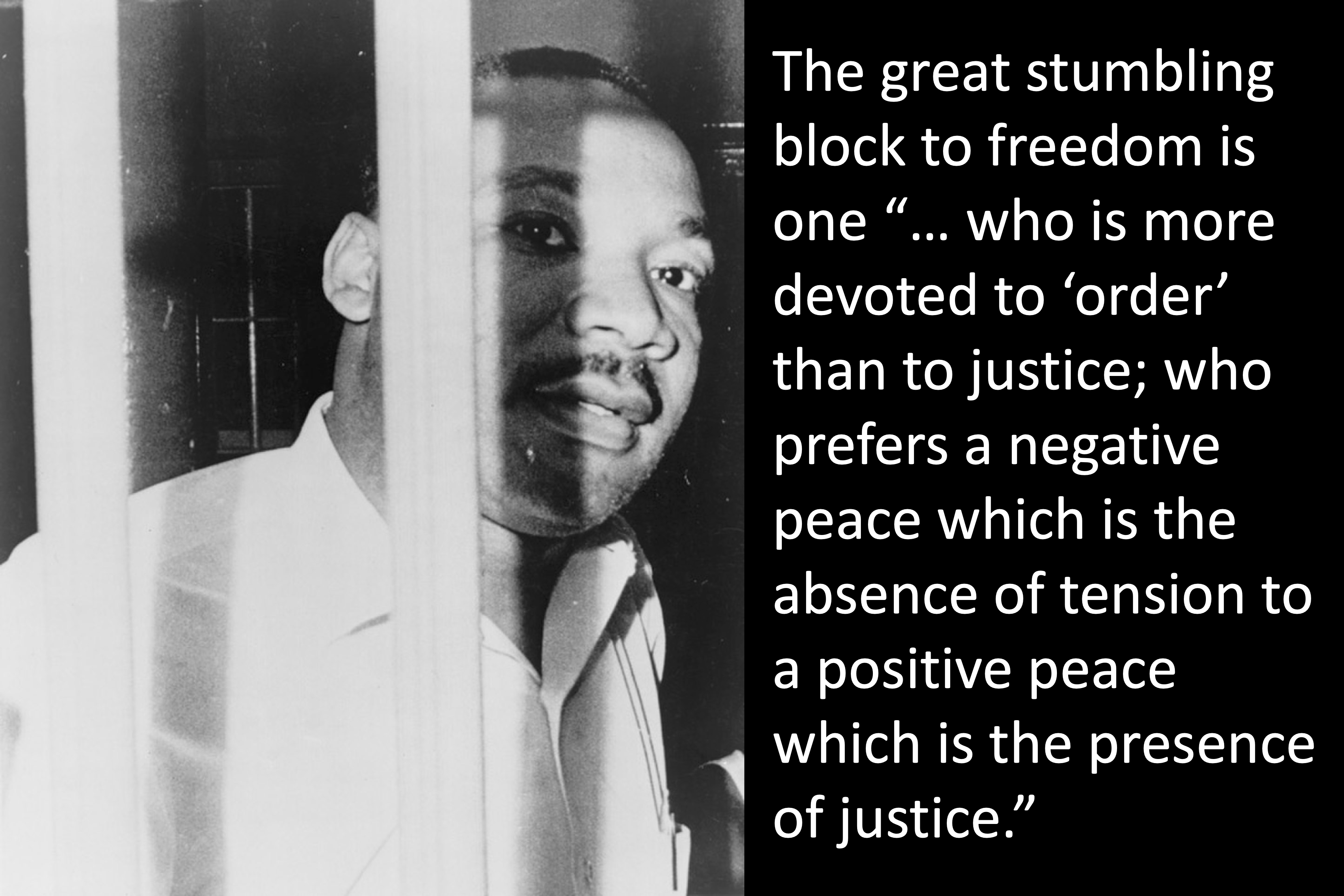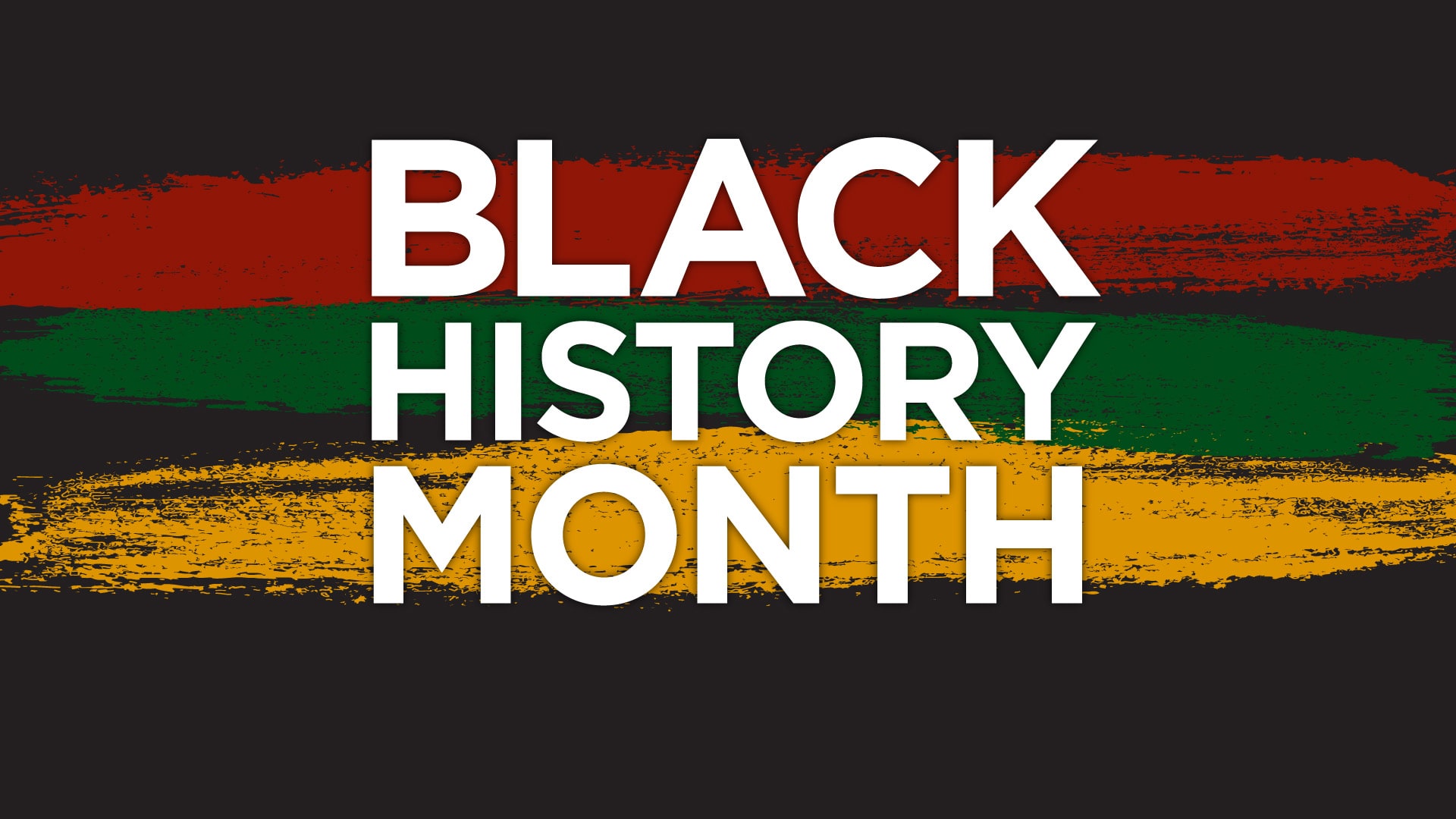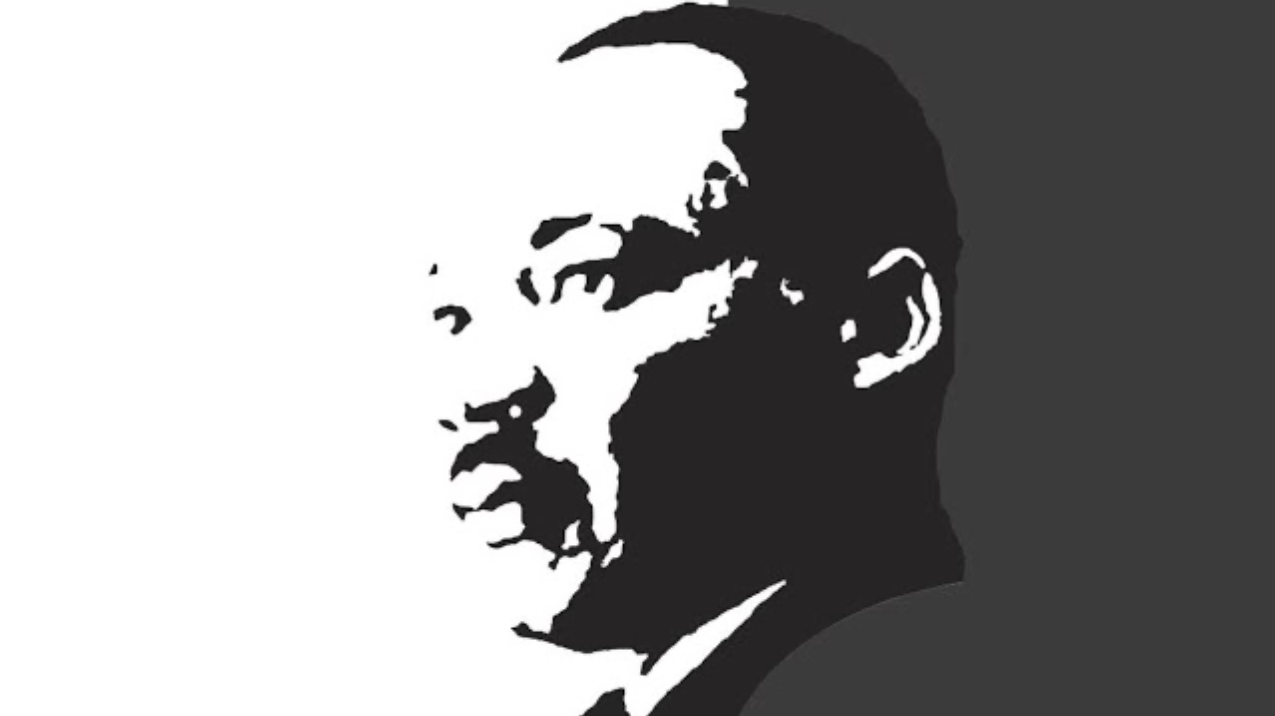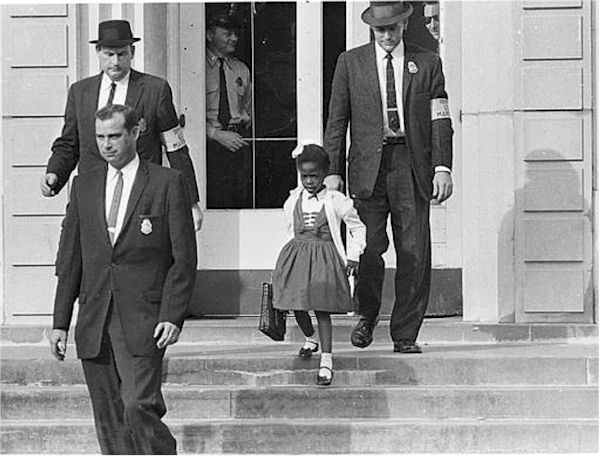Today in “Hidden” History is a daily listing of important but little-known events illustrating the range of innovators, contributors, or incidents excluded from formal history lessons or common knowledge. Hidden history is intended not as an exhaustive review, but merely as an illustration of how popular narratives "hide" many matters of fundamental importance. Bookmark this page and check daily to quickly expand your knowledge. Suggest entries for Today in “Hidden” History by clicking the Contact Us link. Entries for March 04:
| Date | Type | Event |
|---|---|---|
| 1867 | 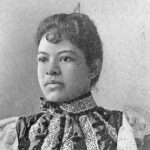 Ida Gray (also known as Ida Gray Nelson and Ida Rollins) is born. The first African-American woman to become a dentist in the United States, Dr. Gray became interested in dentistry when she went to work in the offices of Jonathan Taft, an early advocate for women to learn dentistry. After her apprenticeship in his office, Gray passed the entrance examinations and then attended the University of Michigan School of Dentistry. When she graduated, it was widely published that she was the first African American dentist in the United States and she was promoted as a role model for women to follow. Gray practiced in Ohio before settling in Chicago, where she remained until her death. The School of Dentistry at the University of Michigan gives an annual diversity award in Dr. Gray’s name. Learn more. Ida Gray (also known as Ida Gray Nelson and Ida Rollins) is born. The first African-American woman to become a dentist in the United States, Dr. Gray became interested in dentistry when she went to work in the offices of Jonathan Taft, an early advocate for women to learn dentistry. After her apprenticeship in his office, Gray passed the entrance examinations and then attended the University of Michigan School of Dentistry. When she graduated, it was widely published that she was the first African American dentist in the United States and she was promoted as a role model for women to follow. Gray practiced in Ohio before settling in Chicago, where she remained until her death. The School of Dentistry at the University of Michigan gives an annual diversity award in Dr. Gray’s name. Learn more. | |
| 1877 | 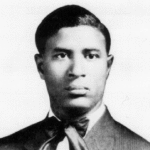 African-American inventor, businessman, and community leader Garrett Morgan is born. His most notable inventions were a the sewing machine zigzag stitch attachment, the three-color traffic signal (still in use today), and an early type of gas mask that was notably used in a 1916 tunnel construction disaster rescue. Morgan also discovered and developed a chemical hair-processing and straightening solution. He created a successful company based on his hair product inventions along with a complete line of hair-care products, and became involved in the civic and political advancement of African-Americans. Learn more. African-American inventor, businessman, and community leader Garrett Morgan is born. His most notable inventions were a the sewing machine zigzag stitch attachment, the three-color traffic signal (still in use today), and an early type of gas mask that was notably used in a 1916 tunnel construction disaster rescue. Morgan also discovered and developed a chemical hair-processing and straightening solution. He created a successful company based on his hair product inventions along with a complete line of hair-care products, and became involved in the civic and political advancement of African-Americans. Learn more. | |
| 1916 | 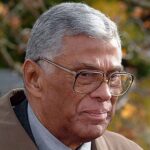 Homer E. Harris Jr., M.D., a groundbreaking African American athlete, is born. He became the first Black captain of Seattle's Garfield High School football team. He played college football for the University of Iowa, becoming the team's Most Valuable Player and the first Black player to captain a Big Ten team in 1937. He was named All-Big Ten three years in a row. Because the National Football League (NFL) was whites-only at that time, a pro-career was closed to him, despite his proven, superior skills. Instead, Harris went to medical school and became a dermatologist. He served as head coach of the North Carolina A&T football team in 1940. Dr. Harris was inducted into the Hawkeyes' Hall of Fame in 2002, and had a Seattle park named after him the same year. Homer E. Harris Jr., M.D., a groundbreaking African American athlete, is born. He became the first Black captain of Seattle's Garfield High School football team. He played college football for the University of Iowa, becoming the team's Most Valuable Player and the first Black player to captain a Big Ten team in 1937. He was named All-Big Ten three years in a row. Because the National Football League (NFL) was whites-only at that time, a pro-career was closed to him, despite his proven, superior skills. Instead, Harris went to medical school and became a dermatologist. He served as head coach of the North Carolina A&T football team in 1940. Dr. Harris was inducted into the Hawkeyes' Hall of Fame in 2002, and had a Seattle park named after him the same year. |

